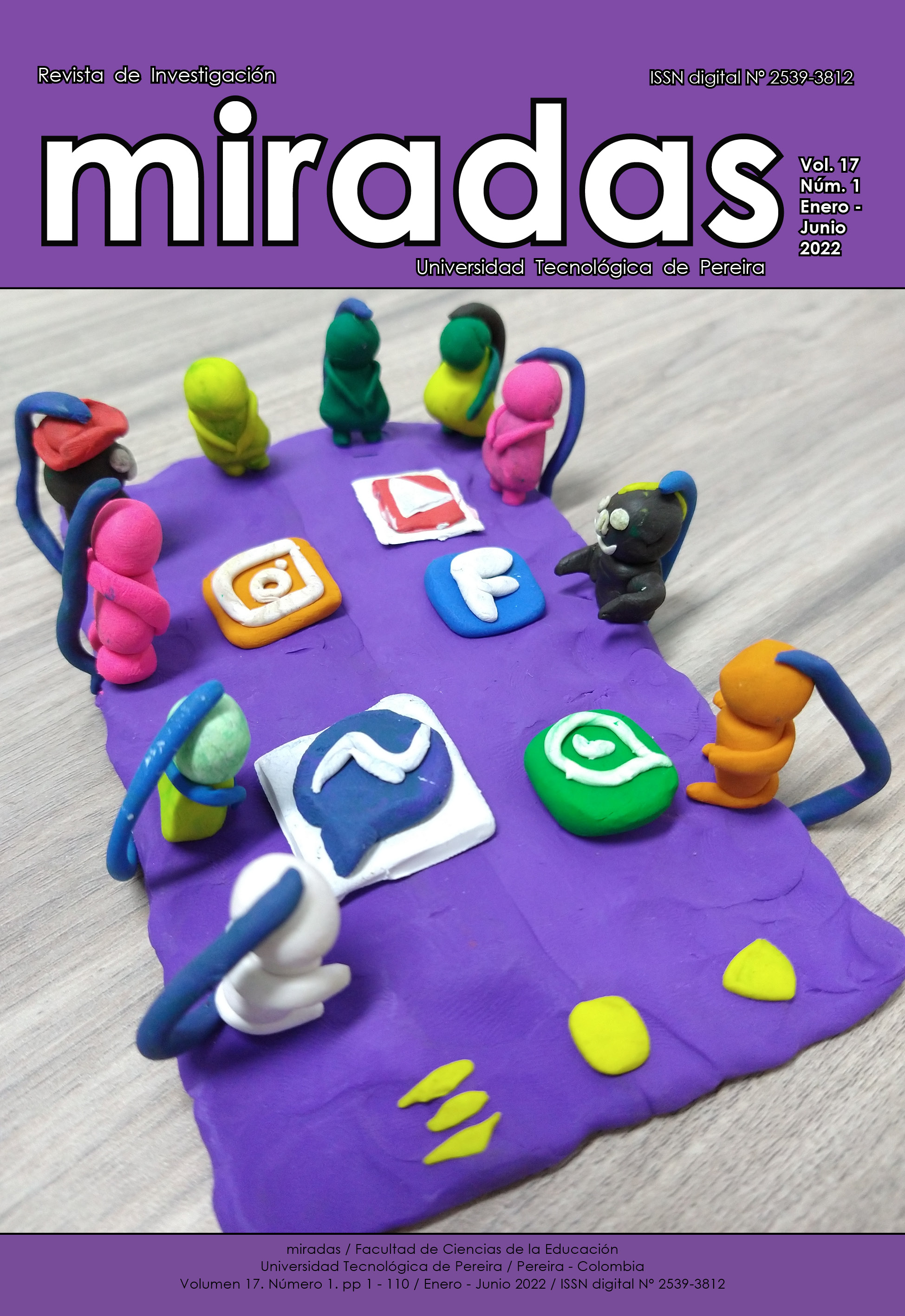Analysis of the implementation of an Educational Public Policy using the Atlas Ti tool
DOI:
https://doi.org/10.22517/25393812.25067Abstract
A public policy is generated from the need to solve a problematic situation throught actions taken by the government (Deubel, 2002). In Colombia in 2015 the “Excellence Day” started to be implemented as a response to the need of improving the academic results and achieving the goal of another mayor policy that had been established in the same year Colombia: the best educated in 2025”. This research generally aims to identify the relevant aspects of the implementation of the “E Day” by analyzing the school aspects that have to do with the improvement of Education Quality. A case study was carried out with public schools in the city of Zipaquirá, Colombia. The objective of this article is to present a proposal for the analysis of a school document known as “School system for the evaluation of students” (in Spanish abreviatated as SIEE) (Ministry of Education of Colombia, 2009), which is part of the actions taken in all schools during the excellence Day. Atlas Ti was used as methodological tool for document analysis. In regard to the metholody, the first stage was the collection of the SIEE documents in the 10 public schools in the city, then the researcher coded the information following the system of categories established and previously validated. Subsequently, a semantic interpretation of the text is done, and the results are withdrawn considering the literature review. Some of the most relevant results of this research have to do with the identification of key concepts to be included in the SIEE document so that they are a valid and useful tool for teachers, administrators and principals to improve the quality of education of their school. Likewise, the actions that are to be taken are outlined so that the school can identify what categories are relevant to be examined and worked on during the “E Day”
Downloads
References
Deubel, R. (2002). Politicas Publicas. Bogotá: Ediciones Auroras.
Instituto Colombiano Para La Evaluación De La Educación, Icfes. (2015). Isce. Guía Metodológica. Bogotá.
Ministerio De Educación Nacional De Colombia. (1994). Ley General De Educación 715. Bogotá , Colombia.
Ministerio De Educación Nacional De Colombia. (2009). Decreto 1290 De 2009. Evaluación Del Aprendizaje Y Promoción De Los Estudiantes. Bogotá, Colombia: Ministerio De Educación.
Ministerio De Educación Nacional De Colombia. (2015). Decreto Reglamentario Del Sector Educativo 1075. Bogotá: Ministerio De Educación Nacional De Colombia.
Ministerio De Educación Nacional De Colombia. (2016). Matriz De Referencia. Siempre Día E. Bogota, Colombia.
Ministerio De Educación Nacional De Colombia. (2017). Instrumento De Apoyo A La Integración De Componentes Curriculares En El Establecimiento Educativo Picc-Hme. Siempre Día E. Bogotá, Colombia.
Ministerio De Educación Nacional De Colombia. (2020). La Educación Es De Todos. Obtenido De Evaluación : Https://Www.Mineducacion.Gov.Co/Portal/Micrositios-Preescolar-Basica-Y-Media/Evaluacion/Evaluacion-De-Estudiantes/397384:Pruebas-Saber
Muñoz, H. A. (2016). La Investigación Cualitativa Presentada Desde Atlas Ti. Bogotá: Usta.
Organización Para La Cooperación Y Desarrollo Económico Ocde. (2016). Revisión De Politicas Nacionales De Educación. La Educación En Colombia. Bogotá.
Quiroz, L. A. (2020). El Uso De Atlas.Ti En La Investigación Histórica. Caleiodoscopio 43.
Salazar, C. V. (2009). La Evaluación Y El Análisis De Políticas Públicas. Revista Opera , Obtenido De Obtenido De Https://Www.Redalyc.Org/Articulo.Oa?Id=67515007003
Universidad De Valencia. (12 De 06 De 2021). Análisis Documental . Obtenido De Https://www.Uv.Es/Macas/T5.Pdf
Downloads
-
Vistas(Views): 560
- PDF (Español (España)) Descargas(Downloads): 365



